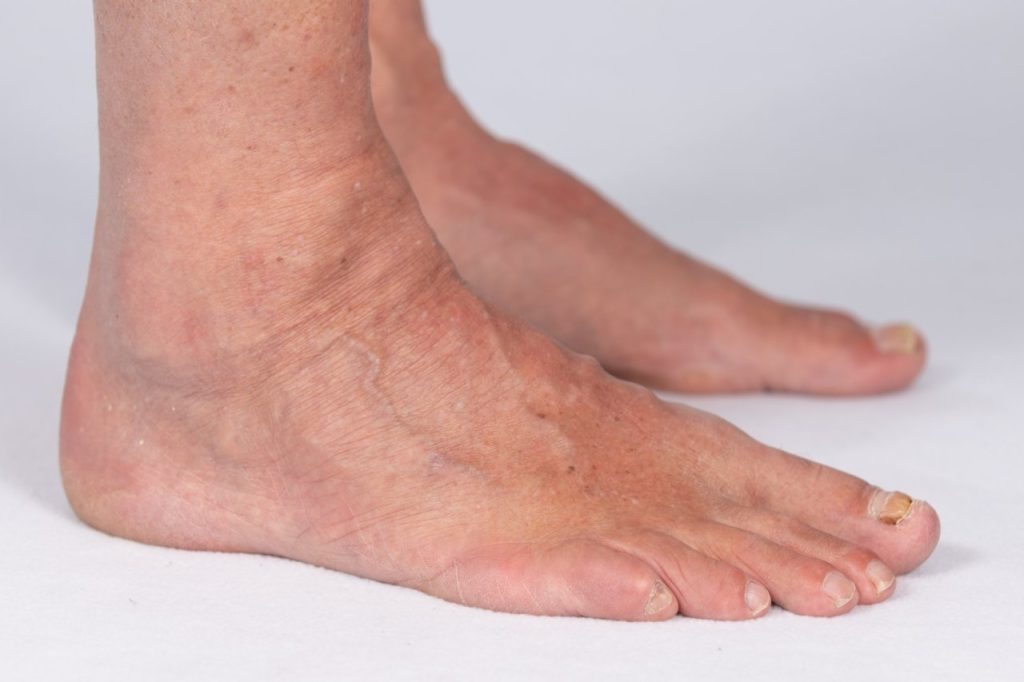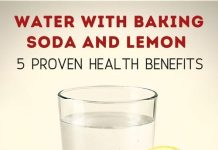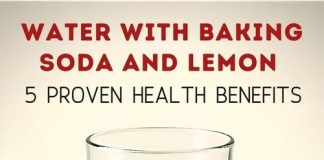Did You Know? Heart Attacks Are the Leading Cause of Death in the United States
Heart attacks, also known as myocardial infarctions, are the number one cause of death in the United States. The modern lifestyle—characterized by high stress levels, unhealthy eating habits, and a lack of physical activity—has significantly contributed to the rise in heart-related illnesses over the years.
While heart disease often develops over time, it’s not always easy to detect in its early stages. However, understanding and recognizing warning signs well in advance can be lifesaving. Taking proactive measures, such as leading a healthy lifestyle and managing stress, is essential for heart health. Yet, knowing the symptoms of a potential heart attack even a month before it happens can make a crucial difference.
In this article, we’ll discuss seven key symptoms that might indicate an impending heart attack. If you or someone you know experiences these warning signs, treat them as red flags and seek medical attention promptly.
1. Swollen Feet, Ankles, or Legs
Swelling, medically referred to as edema, can be a sign of congestive heart failure. This occurs when one or both of the heart’s lower chambers lose their ability to effectively pump blood. As blood flow backs up, it can lead to fluid retention in the lower extremities. If you notice persistent swelling in your feet, ankles, or legs, it’s important to consult a healthcare professional as soon as possible.

2. Persistent Fatigue
Feeling unusually tired or drowsy without an obvious reason can be a warning sign of an impending heart attack. Narrowed arteries restrict blood flow to the heart, causing it to work harder than usual. This strain can leave you feeling exhausted even after minimal physical activity. If fatigue becomes a daily struggle, don’t dismiss it as mere overwork—it could be your body signaling a deeper issue.
3. Shortness of Breath
Shortness of breath, or dyspnea, often accompanies heart issues. When blood flow to the heart is restricted, oxygen levels throughout the body drop, including in the lungs. This makes it harder for your lungs to function optimally, leaving you gasping for air even during light activity. If breathing difficulties become frequent or severe, it’s crucial to seek medical evaluation immediately.
4. Sudden Weakness
A sudden onset of weakness or lightheadedness could indicate that your muscles are not receiving adequate blood flow. Narrowed arteries restrict circulation, depriving your muscles of oxygen and essential nutrients. This can result in unexpected falls or a general feeling of instability. Take such symptoms seriously, especially if they appear without an obvious cause.
5. Dizziness and Cold Sweats
Poor circulation due to restricted blood flow can also affect the brain, leading to dizziness or a lightheaded sensation. Cold sweats or clamminess often accompany these episodes, signaling that your body is under distress. These symptoms are particularly concerning when paired with other warning signs, such as chest discomfort or shortness of breath.
6. Chest Discomfort or Pressure
One of the most recognized signs of a heart attack is chest pain or discomfort. This may manifest as a feeling of tightness, pressure, or a squeezing sensation in the chest. While the intensity of this symptom can vary, it typically worsens as the heart attack approaches. Don’t wait until the pain becomes unbearable—seek immediate medical assistance at the first sign of chest discomfort.

7. Flu-Like Symptoms
Strangely, many individuals report experiencing flu-like symptoms, such as chills, fatigue, or body aches, in the days leading up to a heart attack. This can create confusion, as these symptoms might be mistaken for a common cold. However, if flu symptoms appear suddenly and are accompanied by other warning signs on this list, it’s important to act quickly.
What Can You Do? Early Detection Saves Lives
If you or someone you know is experiencing any of these symptoms, don’t ignore them. Early detection and medical intervention can save lives. Visit a doctor as soon as possible for a thorough evaluation.
Preventing a heart attack starts with a proactive approach:
- Adopt a heart-healthy diet rich in fruits, vegetables, whole grains, and lean proteins.
- Incorporate regular physical activity into your routine, such as walking, swimming, or yoga.
- Manage stress through techniques like meditation, mindfulness, or counseling.
- Avoid smoking and limit alcohol consumption.
- Monitor your blood pressure, cholesterol levels, and weight regularly.
Remember, your heart health is in your hands. Recognizing and addressing symptoms early is one of the most effective ways to prevent a heart attack. Stay informed, stay vigilant, and take care of your heart—it’s the most vital organ in your body.

















